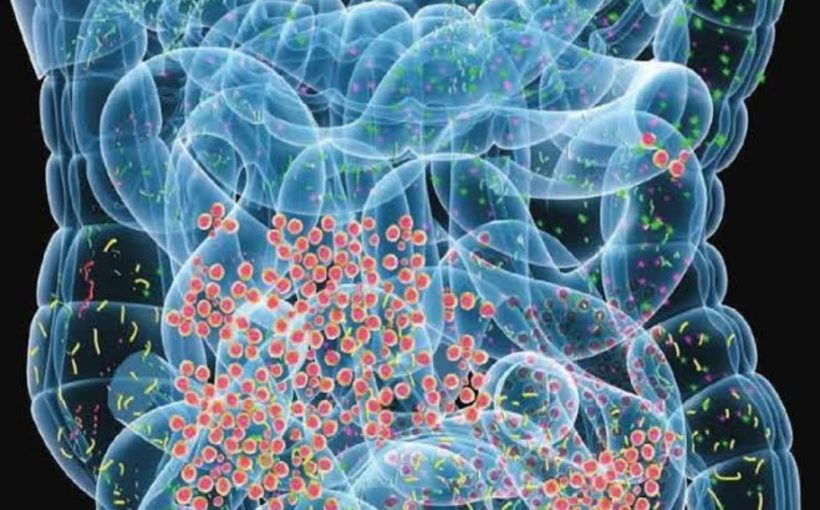The gut microbiome is so useful to human digestion and health that it is often called an extra digestive organ.

stay healthy…

The gut microbiome is so useful to human digestion and health that it is often called an extra digestive organ.

Ask any neurologist: Parkinson’s disease is a brain disorder. The conspicuous symptoms of Parkinson’s disease — uncontrollable tremors, slowed down

Gastrointestinal and digestive issues impact roughly 3 million people across the United States alone, and that number is growing. A

Peptide YY (PYY), a hormone produced by gut endocrine cells that was already known to control appetite, also plays an

The gut-brain connection is a complicated two-way signaling cascade that is responsible for keeping the digestive system working properly and

Researchers at the University of Toronto and UC San Francisco have discovered that the intestine is the source of immune

Immune cells in the brain-microglia become chronically inflamed with age. In this state, they produce chemicals that impair cognitive and

Shortly after birth, babies’ immune system change dramatically in response to the pathogens in its new environment, a phenomenon that

Probiotics are present in yogurt, pickles, bread and some other foods. Researchers at Wake Forest School of Medicine have developed a

Oral microbiota is important for overall health because the bacteria ingest affect every aspect of health. The bacteria in the